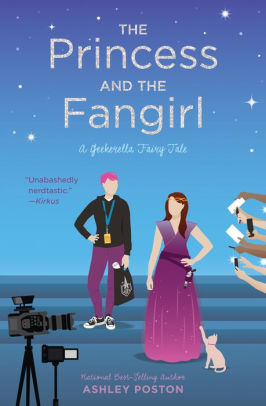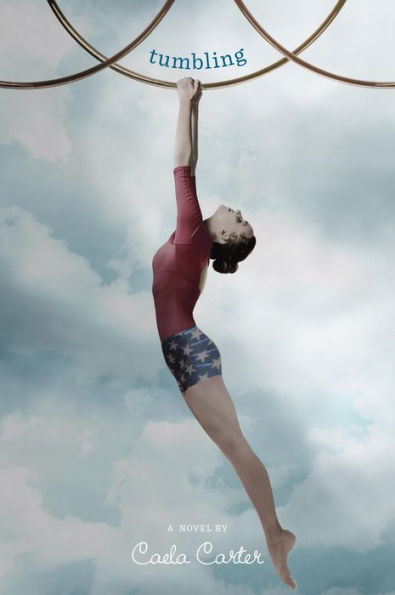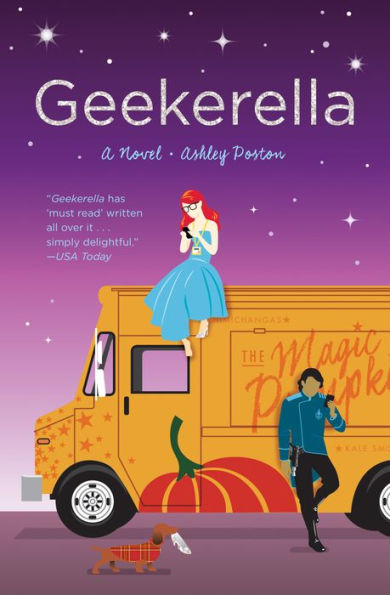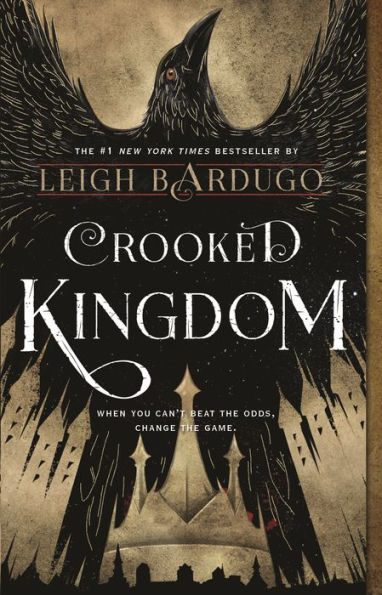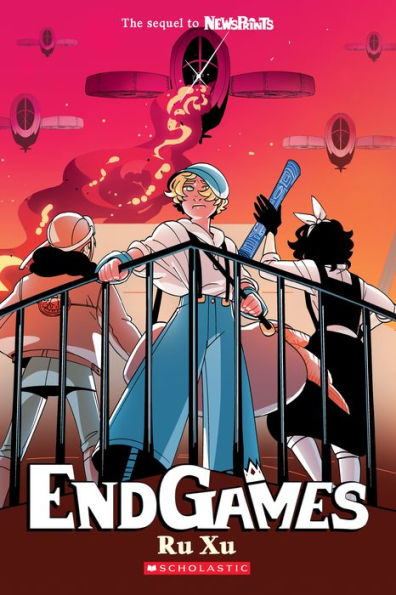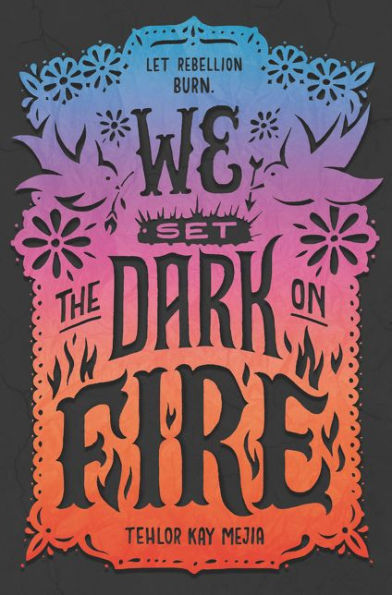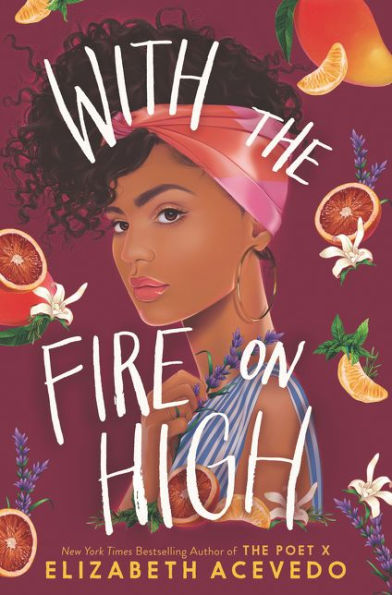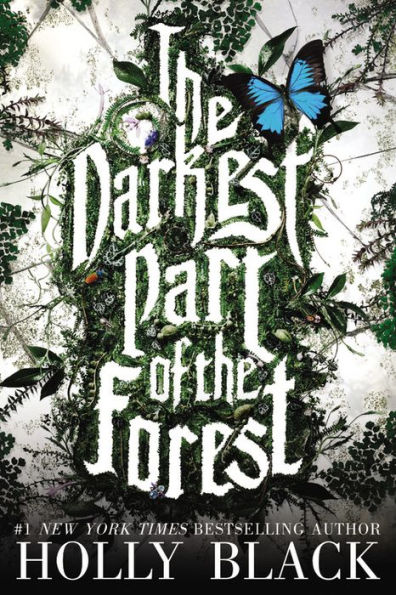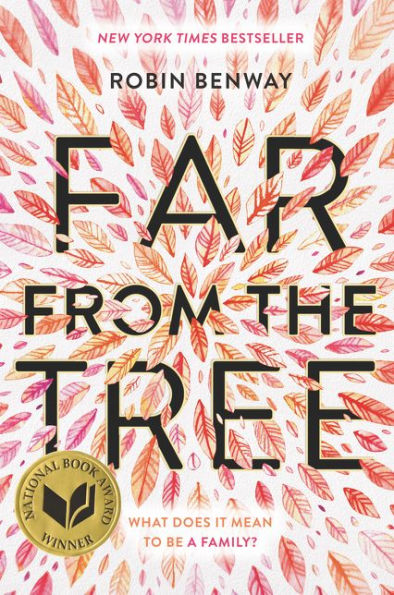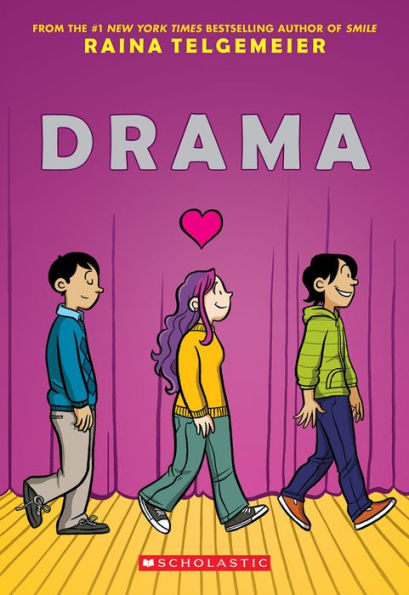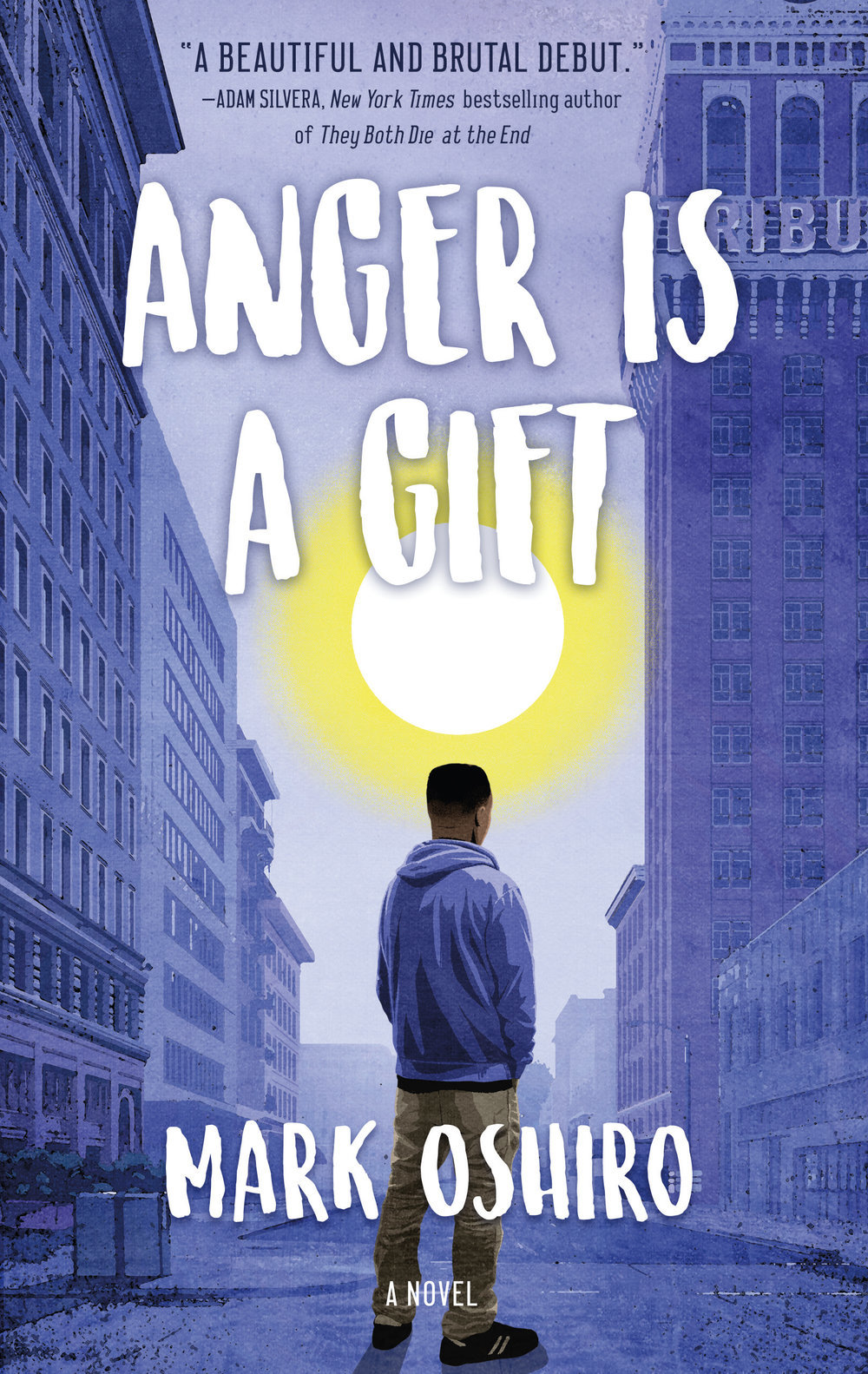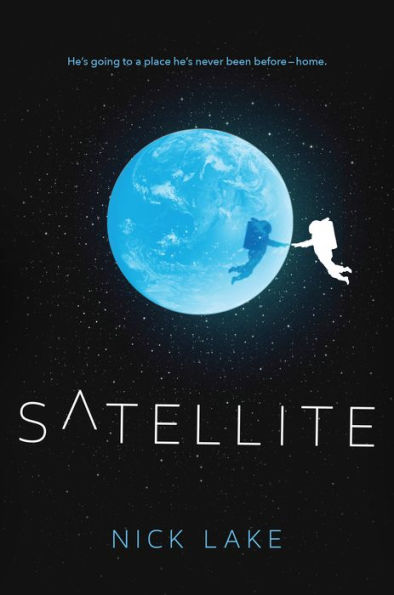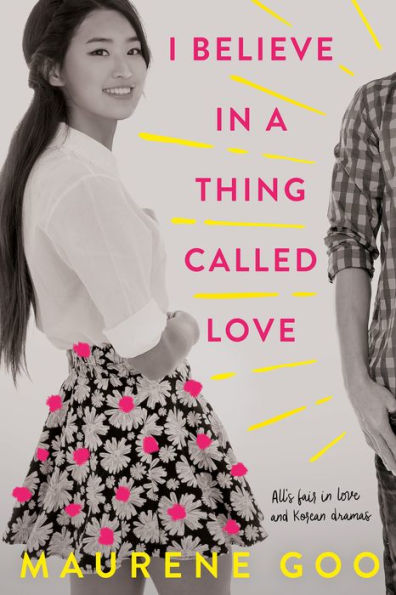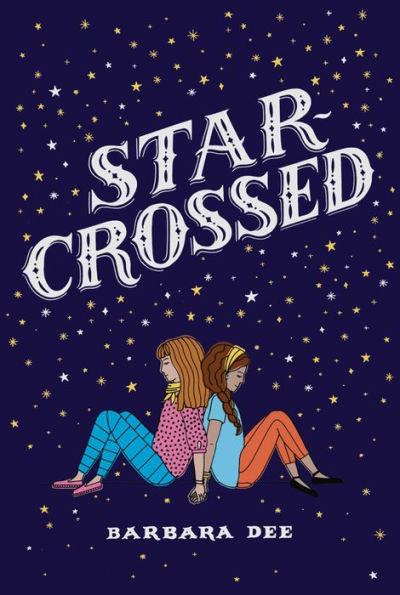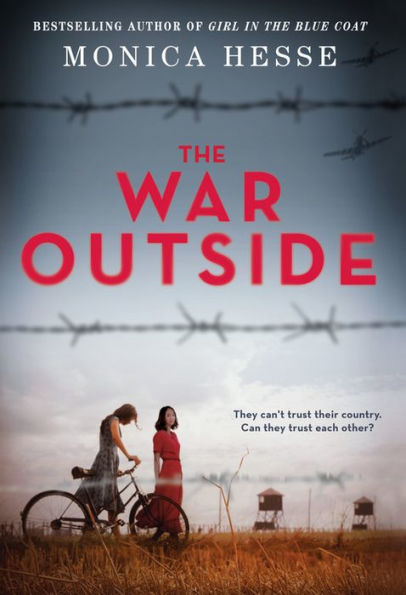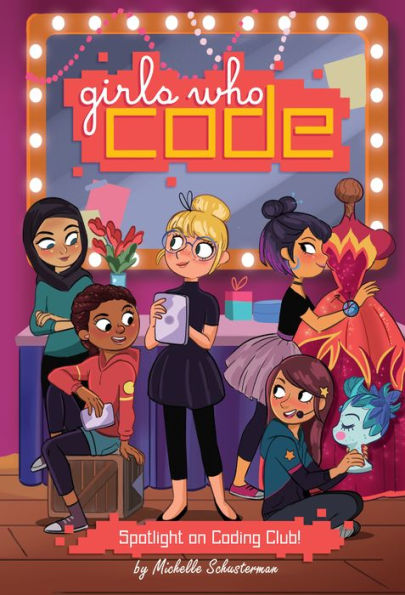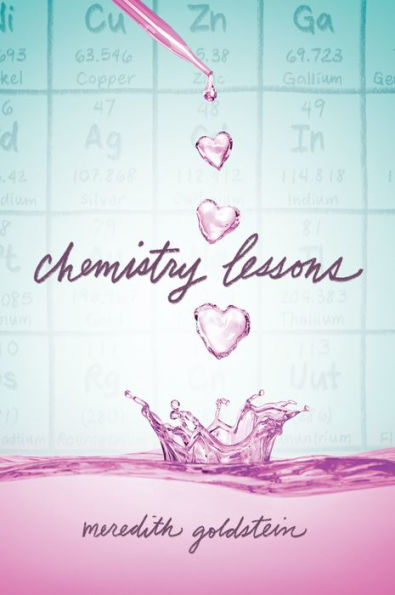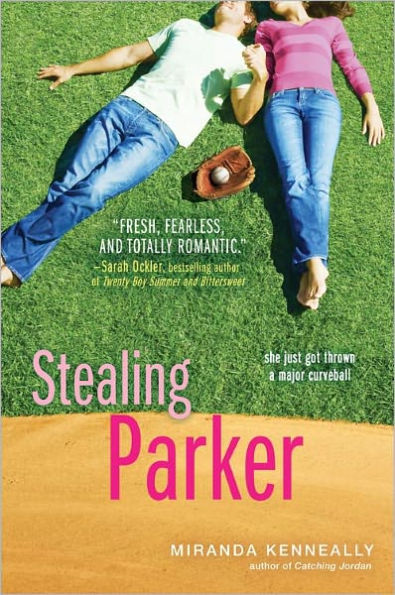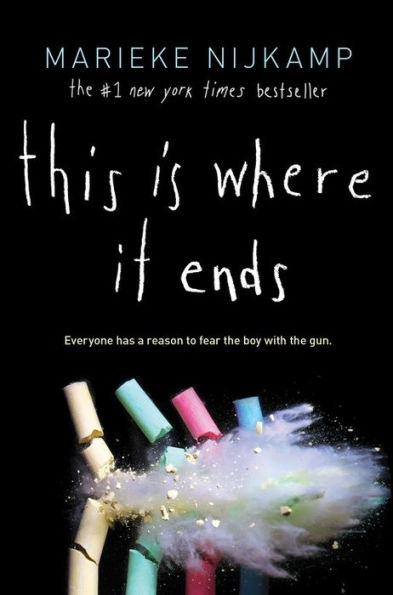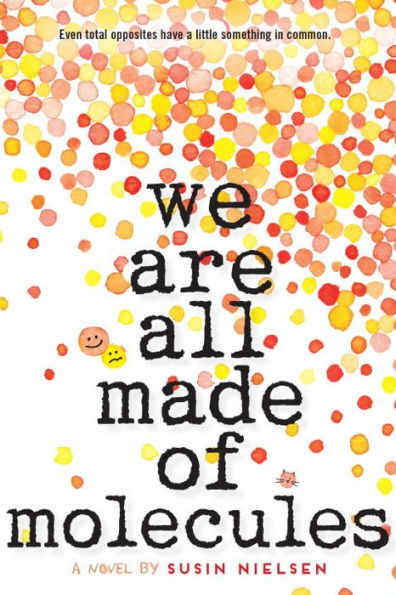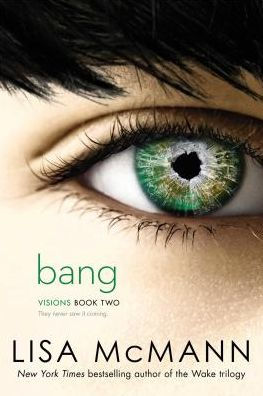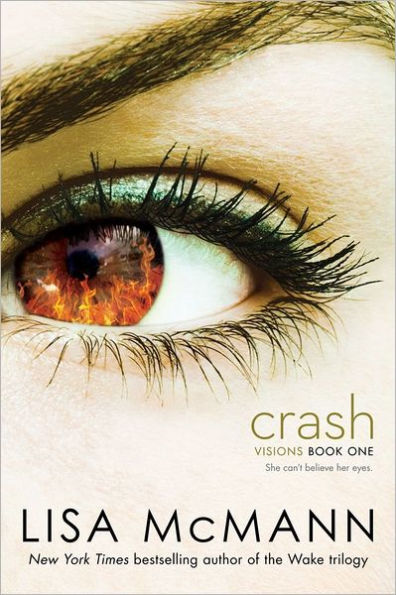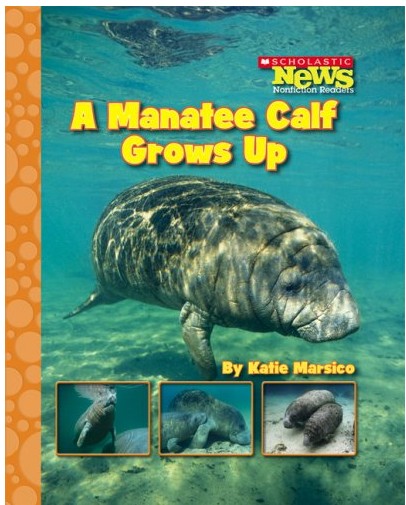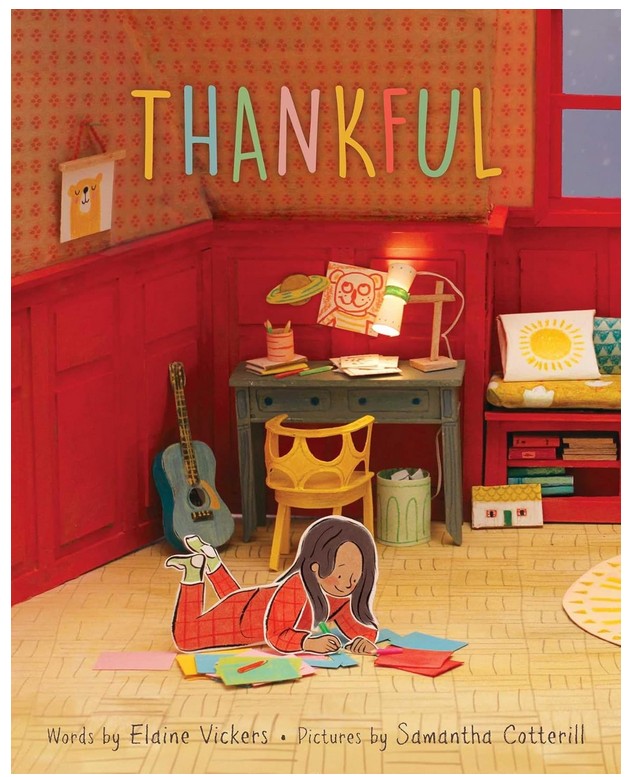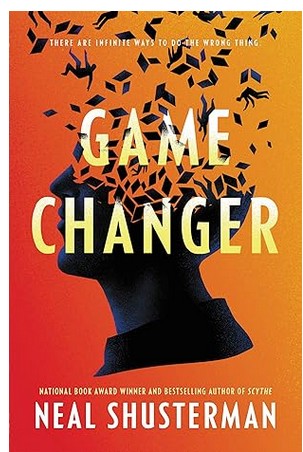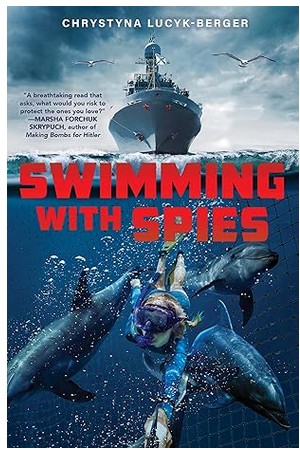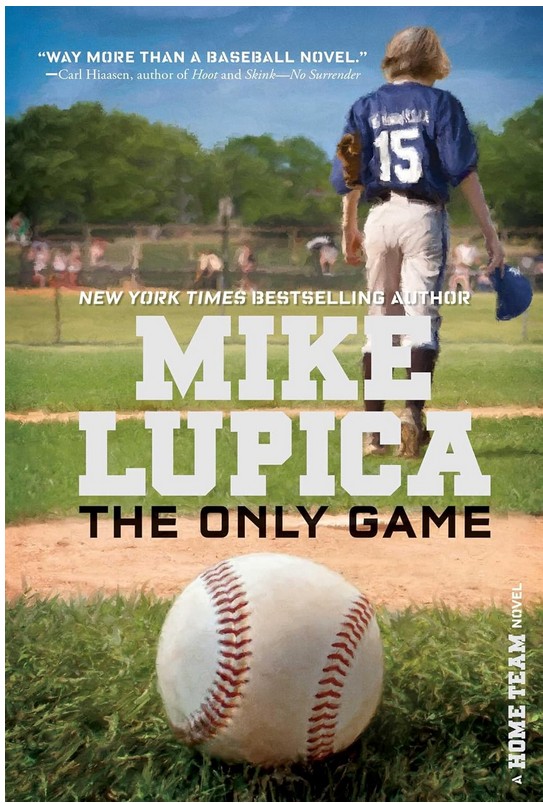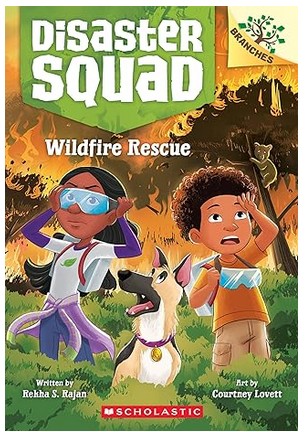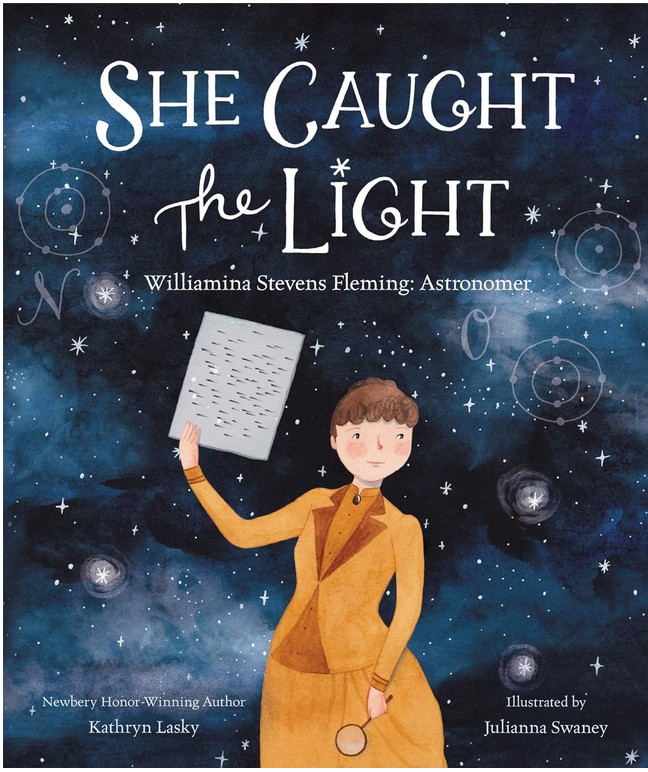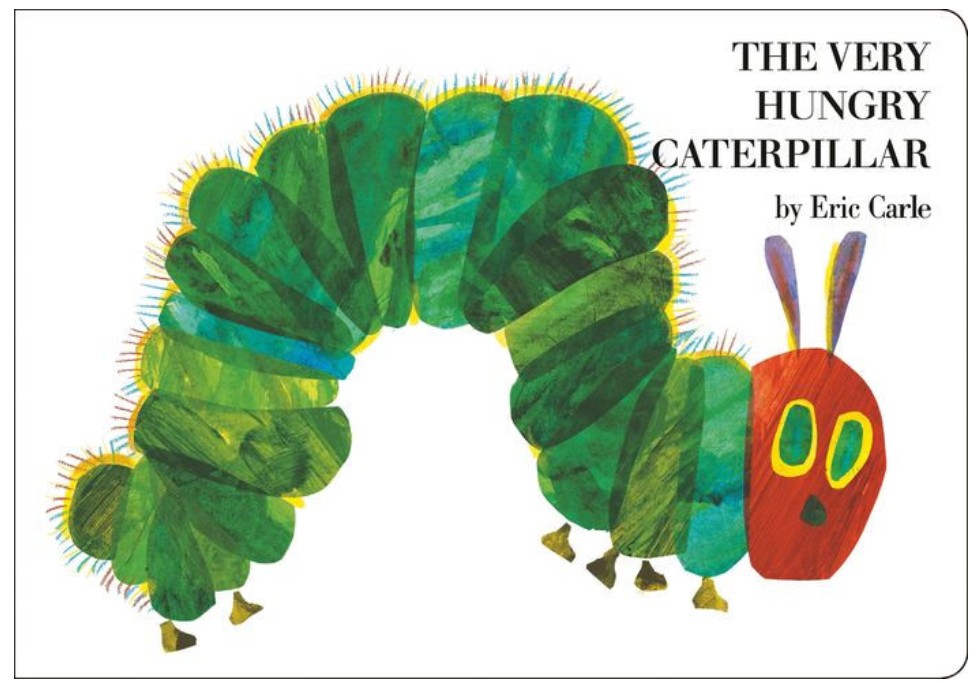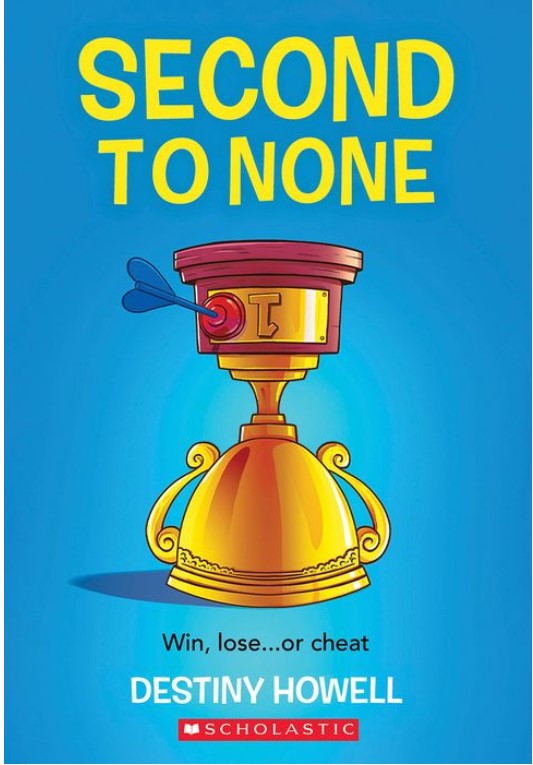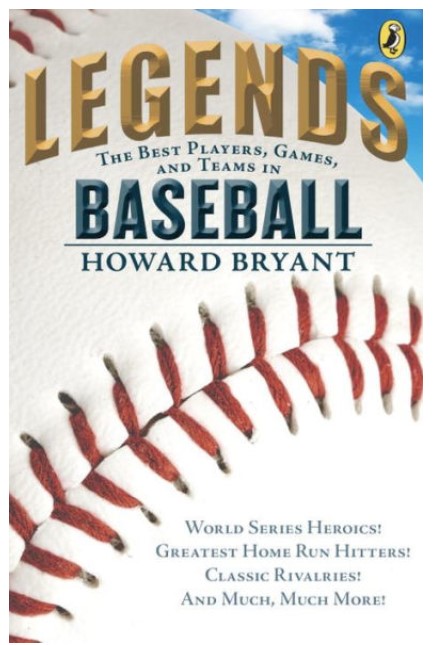Everyone knows that Jessica Stone hates everything to do with the beloved sci-fi franchise Starfield. When she signed on to play the beloved Princess Amara, Jess was expecting to use the role as a springboard into bigger and better films. But being an actress in a sci-fi universe comes with an overwhelming amount of criticism. Jess can barely handle the hatred she gets from fans on the internet, and she certainly isn’t looking forward to being surrounded by them at the annual ExcelsiCon.
Starfield fangirl, Imogen Lovelace, practically grew up on the convention floor. Every year her family runs a booth at ExcelsiCon, but this year Imogen has her own mission. She wants to #SaveAmara from being killed off, and she’s got thousands of signatures on an online petition to prove she’s not the only one. When an unfortunate case of mistaken identity leaves Imogen onstage at a panel in Jessica’s place, Imogen takes the opportunity to speak out in favor of saving the Princess.
Jessica is furious, telling Imogen she will ruin her if she even attempts such a thing again. But when an incredibly confidential script to the Starfield sequel leaks online, and Jessica’s script is nowhere to be found, she’s afraid the blame will fall to her. Jess needs to expose the real culprit before the end of the Con or risk losing her career. The solution? Trade places with Imogen so she can scope out the Con herself, a plan that turns out to be much easier said than done.
The Princess and the Fangirl is a modern-day Prince and the Pauper with a fandom twist. Both Jessica and Imogen think they can gain something by stepping into each other’s shoes, but they both end up with an unexpected perspective. Jess is longing for anonymity and an escape from the harsh gaze of the Starfield fandom. She finds herself dropped right into the middle of it all, getting a first-hand look at how the stories she always viewed as inconsequential can bring people together. Meanwhile, Imogen, who is searching for a sense of purpose, is eager to use her newfound influence to right a few wrongs. But her peek behind the scenes reveals a disturbing darker side of Starfield that only Jessica Stone gets to see.
This story is technically a sequel to Geekerella, bringing readers back to ExcelsiCon one year later. There are a few cameos from familiar faces, but Geekerella can still stand on its own. Fans of romance will enjoy the fact that each of the girls has an adorable love interest, while the mystery of the leaked script will keep readers on their toes. Both Jessica and Imogen struggle with self-image issues that teen readers will find very relatable. And, like in Geekerella, Poston’s commentary on fandom is clever and meaningful: behind every Princess, there is a normal girl.
Sexual Content
- Jess contemplates her role as Princess Amara, thinking about how she’d accepted the role expecting it to launch her career into more meaningful roles that wouldn’t require her to look “hot in a suffocating dress while running in heels.”
- Imogen makes several sci-fi references, including a mention of “sexy David Tennant,” the actor who played the Tenth Doctor on the television series Doctor Who.
- While onstage next to Darien, the actor who plays Prince Carmindor in the Starfield movie, Imogen thinks of him as “the love of [her] Tumblr life.”
- Jess is jealous of how the Starfield fandom has grown to love Darien while they continue to harass her. “Darien sort of got the same blowback when he was announced to play Federation Prince Carmindor—which is how he met his girlfriend, btw—but it died off as the fandom embraced him. Now they write love letters about his inky-black eyelashes and immaculate abs while I get dissertations on how the small mole on the left side of my mouth has ruined the beauty of Princess Amara.”
- Imogen tosses a #SaveAmara pin to a cosplayer in a “sexy Xenomorph” costume.
- When one of Imogen’s moms asks the other to put a Captain America figurine on the top shelf of their display, she makes a joke that could be taken sexually. She says, “I could’ve sworn he belonged on the bottom.”
- Imogen says that her little brother met his boyfriend in the astronomy lab. Although she thinks they probably “spent more time studying each other’s astrological compatibility than learning solar physics.”
- Imogen doesn’t look like either of her moms. Imogen says, “…although Kathy carried both Milo and me. I look like the sperm donor apparently.”
- Ethan, Jessica’s best friend, changes his shirt in front of her. Jessica thinks, “Sure he’s pretty cute, but my eyes don’t really linger. He’d be a catch if someone burns all of his nerd shirts and puts him in some jeans that actually show he has a butt.”
- When Jessica looks through the comments on her social media, they include, “I can tell her where she can put those pretty lips” and “fixed her chest with small kitties lol [censored photo].”
- Imogen literally runs into Ethan, spilling coffee all over him. Before she recognizes him as Jessica Stone’s rude assistant, she thinks that he’s hot. “He’s very very Hot like I-want-to-be-stuck-in-an-elevator-with-you hot, not we-are-now-mortal-enemies-because-I-just-spilled-my-coffee-on-you-while-not-paying-attention hot.”
- Before trading places, Jessica makes a list of rules for Imogen to follow. Rule number four is, “Don’t flirt with anyone.”
- Jessica doesn’t give her number out freely because someone “put it on an unsavory message board.”
- Imogen thinks that contact lenses feel like “condoms for [her] eyeballs.”
- Harper, Imogen’s friend, is selling her fan art out of a booth next to someone “hawking sexy pin ups of burly men.”
- When Jess first sees Harper, her mind blanks because Harper “is very pretty, with delicate features, brown skin, and natural hair pulled into twin puffs on the sides of her head.”
- Harper’s artwork is displayed on a board in the boot. Jessica describes it as a “copious amount of fan art of Princess Amara in the arms of various characters—men and women.”
- Actor Vance Reigns is introduced as the villain for the Starfield Imogen finds him very attractive. “He is face meltingly hot. His shoulders and chest are broad, his torso tapers down to thin hips and sturdy legs. I mean, not that his legs wouldn’t be sturdy, but you know the kind of legs where you just know, under the molten-golden trousers, that he can basically smash watermelons between them? Yeah that’s the kind of thighs I’m picturing, and I think my knees have gone numb and dear god he’s too close.”
- When Jess sees a picture of Princess Amara embracing a female Starfield character, she says, “I can’t help but blush seeing a girl with my likeness kissing the likeness of Fiona Oro who plays Zorine.”
- Imogen notices that Ethan is wearing Captain America-themed shoes, “And then I’m just thinking of Ethan punching Nazis, and that’s kinda hot, actually.”
- When Ethan heads off to watch a panel, Imogen says, “Have fun with the tres horny bois.”
- Imogen thinks she can tell that Ethan likes Jess “by the way I caught him looking at me while I was posing for pictures with a seven-year-old Carmindor, the softness of his gaze, the curl of his lips upward ever so slightly. He must’ve forgotten for a second that I wasn’t the real Jess. Those looks are probably only for her.”
- At the Stellar party, Jess sees two girls kiss goodbye. She thinks, “I don’t mean to stare but their kiss is so simple and easy, like saying see you later, that I don’t think any thought was put into it, I wish I knew what that was like.”
- Harper and Jess tell each other about their first kisses. Harper says, “My first kiss was a seven-minutes-in-heaven thing. I was at a birthday party in middle school. It was…terrible.” Jess’s first kiss was on a movie set. Jess says, “He was older and I was, like, fifteen. His stubble was scratchy and it gave me a rash—and he smelled like weed. He’d been smoking all day.”
- Jess realizes she has feelings for Harper. Jess thinks, “I have a crush on this girl with curly dark hair and ink smudges on her brown fingers and trouble tucked into her maroon-colored lips.”
- Imogen, overwhelmed by her feelings, jumps on Ethan in the pool. “Turns out he’s a lot heavier than I thought, especially for a beanpole. And his torso is very solid. Are those abs I feel? Oh sweet baby Daleks, please don’t tell me Ethan actually has a nice bod.”
- While in the pool, Imogen and Ethan are very close. Imogen thinks, “I have to remind myself that I can’t like him, but it’s hard when a droplet of water beads at the end of a lock of raven hair in front of his face, and falls on his cheek, and rolls down his cheek slowly, languidly, like I want to run my finger down his jawline. It’s like there’s no one else but us in the world, and his eyes navigate steadily to my lips.” They almost kiss, but Imogen pulls away at the last second.
- After having spent the night talking to Harper, Jess thinks, “I am not a serial dater. I simply never cared… I’m not built to take a random person into a bedroom, I’m not wired to want those things, and so it made all those dates and chaste kisses with celebrities so easy.”
- Jess dislikes the internet because it makes it easy for fans to forget about the people behind the characters. “Your hot take shouldn’t dehumanize me, or tell me that I’m wrong, or that I’m worthless, or a slut who slept on some casting couch for the role.”
- Imogen’s ex-boyfriend shows up at a meet-and-greet. When they hug, “his hands slip low.”
- While at dinner with Vance Reign, Imogen (disguised as Jess) discovers Vince has been trying to get the real Jess to go on a publicity date with him for a long time. He tries to kiss her, but she pushes him away.
- Jess crashes the final Starfield panel. When she starts to leave, the director asks her where she’s going. Jess responds, “The horizon is wide, and I have a girl to kiss.”
- Jess apologizes to Harper very publicly, and when the two of them are reunited, they kiss. Jessica says, “I give her the Starfield salute—You and I are made of stars—and I hope that’s enough. She smiles and presses her hands to mine in the same pose, and then slowly, finger by finger, they fall together—And she kisses me.” The description of the kiss is about half a page.
- Imogen kisses Ethan. She takes “his face in my hands and pull him down to kiss me. He tastes like Cheerwine, his hands rising to cup the sides of my face.” The description lasts about half a page.
- Jess and Harper meet to get coffee and kiss again. Jessica says, “I kiss her in front of the entire world, the first word on the first page of the rest of my life.”
Violence
- When Jess discovers Imogen has taken her place on stage, she has some murderous thoughts. “I am going to kill her. I don’t even know her name but I don’t need her name to put her in an unmarked grave. I am going to chop her up into so many pieces that when alien archeologists find her bones in a thousand years they won’t even realize she was once human.”
- Imogen’s younger brother calls her an embarrassing nickname. She tells him, “If you weren’t my brother and I didn’t love you, I’d strangle you with your own jockstrap.”
- In a leaked scene from the Starfield sequel script, “A group of soldiers push CARMINDOR, tied up and beaten, into the middle of the council. CARMINDOR stumbles and collapses onto the dais. Blood drips from his mouth where he has been punched repeatedly.”
- Imogen tells Ethan a story. “When I had to debate a guy over women’s reproduction he told me that women are too fragile to have control over their own bodies. I got kicked out of the club for kneeing him in the nards.”
- Imogen’s ex-boyfriend, Jasper, shows up at a Jessica Stone meet and greet, causing trouble. Ethan steps in to get him to leave. “Jasper whirls around, fists clinched, ready to swing. I don’t have time to shout to Ethan that a punch is coming before he raises a hand and deflects the blow with his lower arm, grabbing Jasper by the shirt and pull-throwing him out through the nearest curtain.”
Drugs and Alcohol
- Imogen claims to always be in the wrong place at the wrong time, like “delivering someone’s homework to a frat party when the cops show up.”
- Harper invites Jess to join her at the Stellar Party, a space-themed party that her friends throw every year, where they “drink a little, sing some karaoke, stuff like that.”
- In the hotel room where the Stellar Party is held, “on the kitchenette bar is a wall of liquor bottles and sodas.”
- There is a drink at the Stellar Party called “Oh No.” Harper says, “Oh No is way more vodka than common sense.”
- Imogen hugs her brother and notices that he smells like Stellar Party, “vape juice and Oh No.”
Language
- Imogen uses the phrase “Starflame” in place of curse words frequently. “‘Starflame!’ I curse. ‘I’m so sorry.’”
- When Imogen and Ethan run into each other a third time, she calls him a “nerfherder,” an insult from the Star Wars “‘He is possibly the worst nerfherder in the—’ I say, while at the same time he says, ‘She’s that monster of a girl I was telling you—’ We both stop mid-sentence.”
- When Imogen puts on a wig in order to pass as Jess, she thinks “the whole bit about long hair being more feminine is Noxballs.”
- Ethan gets upset at Imogen and calls her a “Rapscallion look-alike.”
- After the incident with her ex-boyfriend, Imogen appreciates that the remaining fans in line are decent people, but she thinks, “I hate that some of the dickwads in their midst are not.”
- Natalia Ford, the actress who originally played Amara, rescues Jess from a crowd of angry fans. Jess notices that she’s wearing a shirt “covered in a pattern of tiny, artistically rendered middle-fingers.”
- Right before the final panel, the director is looking for Darien, who is busy helping enact the girl’s plan to reveal who stole the script. Imogen tells him, “He went to take a piss.”
Supernatural
- None
Spiritual Content
- When Imogen runs into her ex-boyfriend, she asks herself, “God why do I feel so horrible?”
by Evalyn Harper
